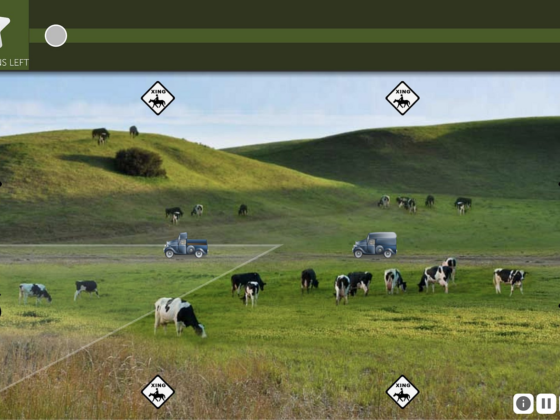Sugar, Sugar
November is a time to talk about more than just turkey. It’s National Diabetes Month — a time to raise awareness of the disease, how to prevent diabetes related health problems and the need for a cure!
Around 38 million Americans have diabetes (about 1 in 10), and approximately 90-95% of them have type 2 diabetes. More than 1 in 3 adults – about 98 million Americans — has prediabetes, and 81% of them don’t know they have it.
Ancient Origins
The identification of diabetes goes back centuries — all the way back to 1550 B.C. The Egyptians were the first to recognize diabetes as a rare condition in which a person urinated excessively and lost weight – symptoms of what is now referred to as Type 1 diabetes.
In 600 B.C., Sushrata, a Hindu physician in India described a disease he named madhumeha, or “honey urine” because ants were attracted to the sweet taste of the urine from people with diabetes.
Come Together
The scientific name for diabetes is diabetes mellitus – two words with separate meanings. But together the words are quite meaningful.
Diabetes is a Greek word meaning “siphon,” or “to pass through.” In 150 A.D., the Greek physician Aretaeus of Cappadocia was the first to use the word “diabetes” when as he noted that disease causes constant flow of urine. He wrote that “Diabetes…being a melting down of the flesh and limbs into urine…The patients never stop making water, but the flow is incessant, as if from the opening of aqueducts.”
Mellitus is derived from Latin word meaning “honey.” In 1675, Thomas Willis (Britain) added the word mellitus upon discovering the sweetness of the urine of his patients. Willis also famously referred to diabetes as “pissing evil.”
Together, diabetes and mellitus aptly describes the frequent passing of urine with high levels of glucose (sugar)!
How Sweet It Isn’t
Diabetes is a serious disease – and can lead to a host of health complications if not managed. Common diabetes health complications include heart disease, chronic kidney disease, nerve damage, liver disease and is linked to some types of cancer. And there’s more – blindness, loss of toes, feet and legs, and oral health problems.
Read more about diabetes complications in this issue of The Download
Happy Reading!
Suzanne Daniels
- In the Headlines: current healthcare news, including unions increase vax rates, race not a factor in assessing heart disease and male life expectancy declines.
- Risk and Rewards: diabetes and risks of liver disease, and pancreatic cancer, preventing Type 2 diabetes.
- Request Denied: prior authorization denial stories and what to do if care is denied.
- Talking Turkey: including my personal favorite, These People Are Responsible for the Cranberry Sauce You Love to Hate!
In the Headlines
Scientific American
Unions Bring a Surprising Side Effect—Higher Vaccination Rates
New York Times
Race Cannot Be Used to Predict Heart Disease, Scientists Say
Stat
Life expectancy for men in U.S. falls to 73 years — six years less than for women, per study
Risks & Rewards
Stat
Type 2 diabetes prevention programs can work at large scale, study finds
USA Today
Fatty liver disease is a serious problem. Here’s who should be worried about it.
HealthDay
Science Reveals Link Between Obesity, Diabetes & Pancreatic Cancer Risk
Request Denied
ProPublica
Insurance Executives Refused to Pay for the Cancer Treatment That Could Have Saved Him. This Is How They Did It.
ProPublica
You Have a Right to Know Why a Health Insurer Denied Your Claim. Some Insurers Still Won’t Tell You.
ProPublica
Big Insurance Met Its Match When It Turned Down a Top Trial Lawyer’s Request for Cancer Treatment
Talking Turkey
Reader’s Digest
Thanksgiving Turkey Wishbone: Why We Break It and How to Find It
Saturday Evening Post
Aprons: The Ties that Bind
Wall Street Journal
These People Are Responsible for the Cranberry Sauce You Love to Hate
Enjoy the weekend!
Best,
Suzanne
Suzanne Daniels, Ph.D.
AEPC President
P.O. Box 1416
Birmingham, MI 48012
Office: (248) 792-2187
Email: [email protected]

News you can trust



